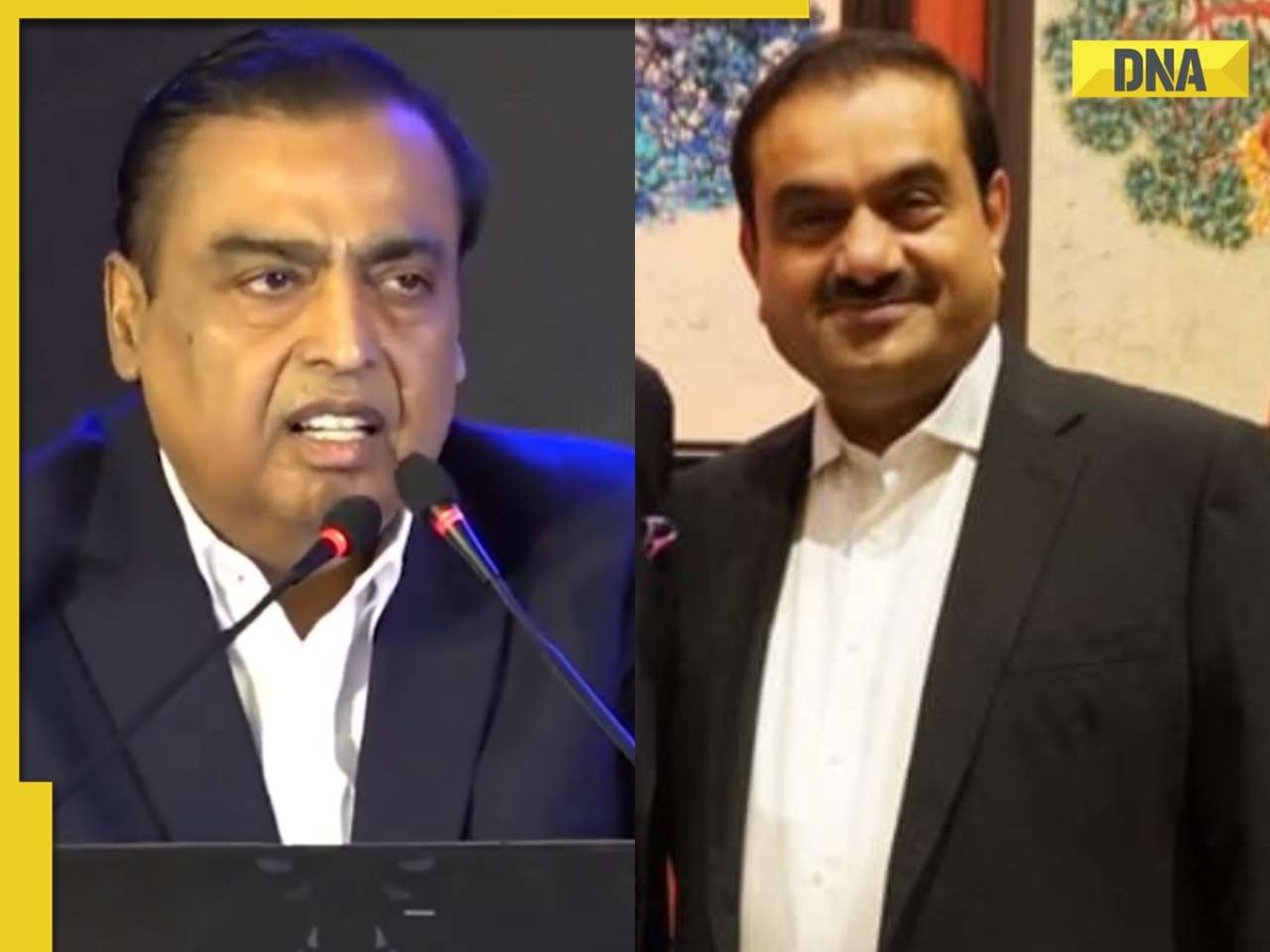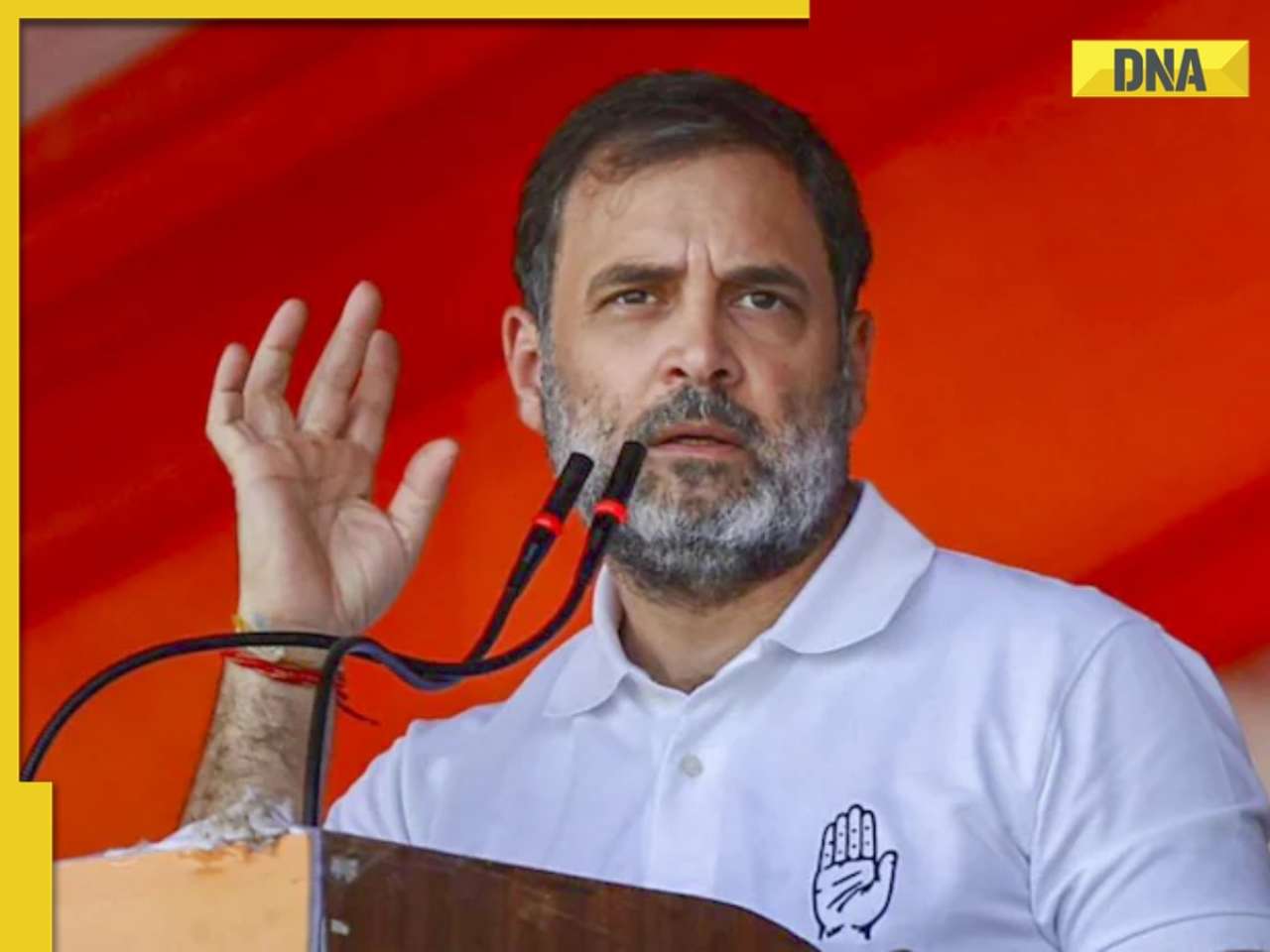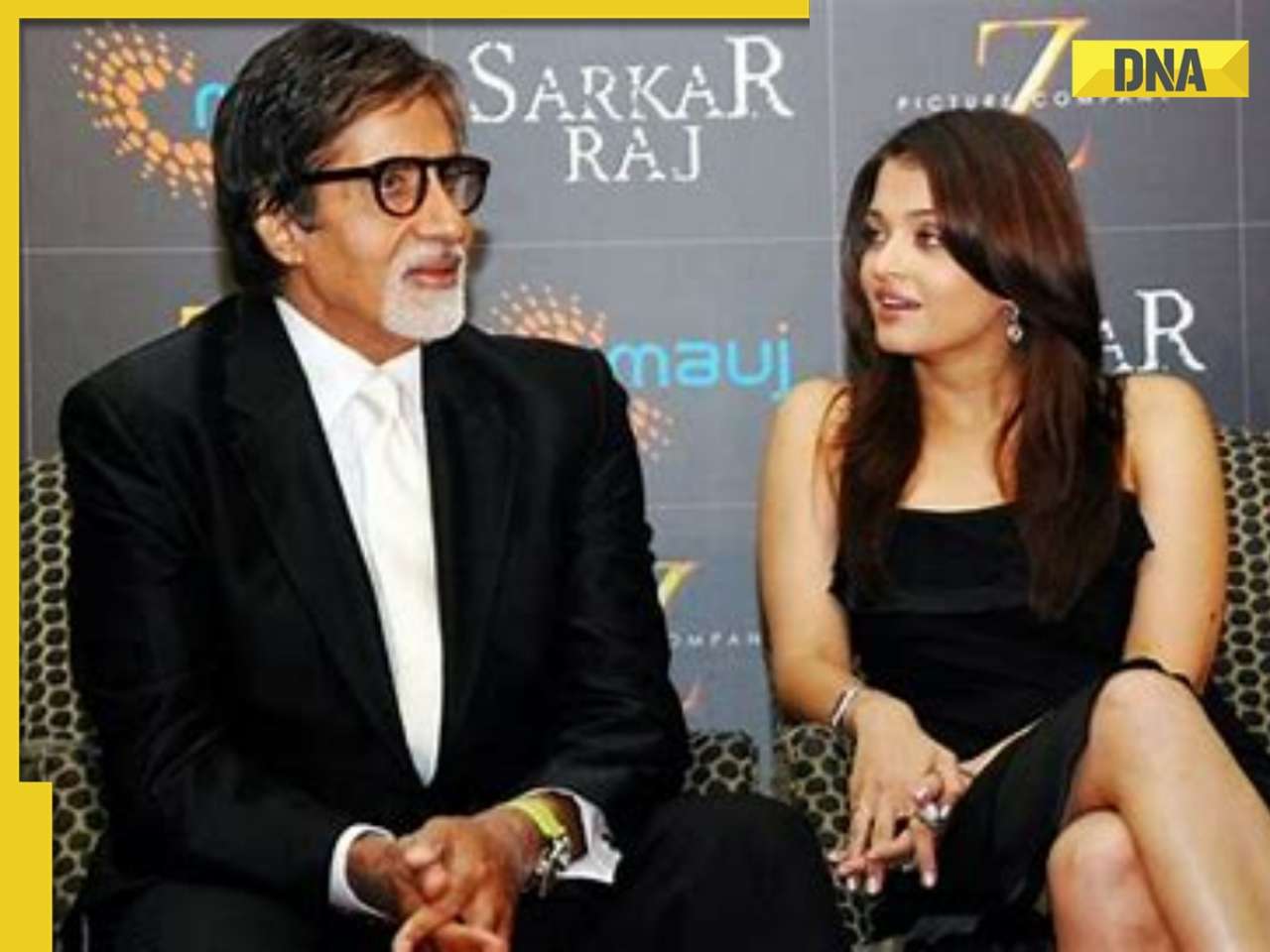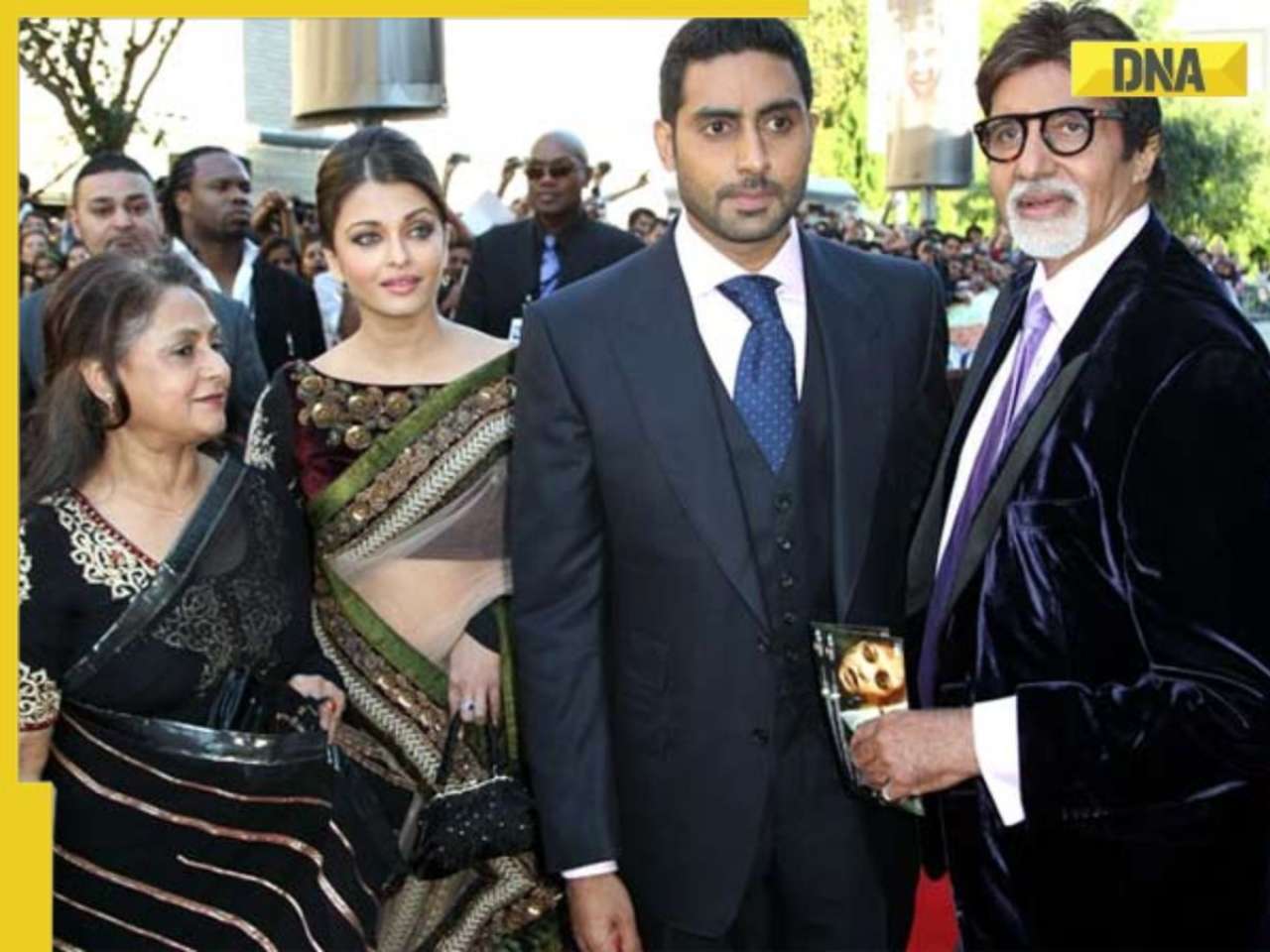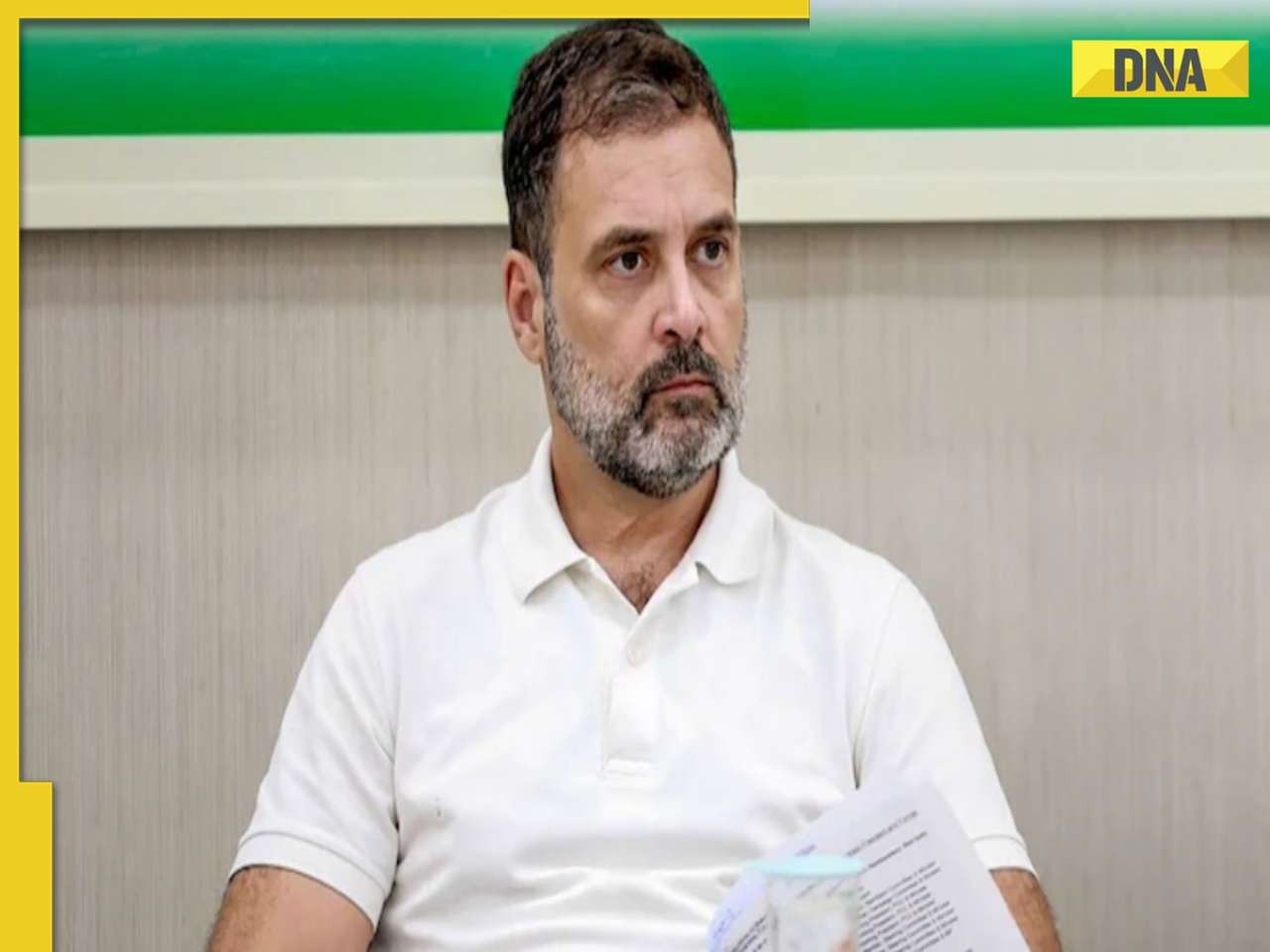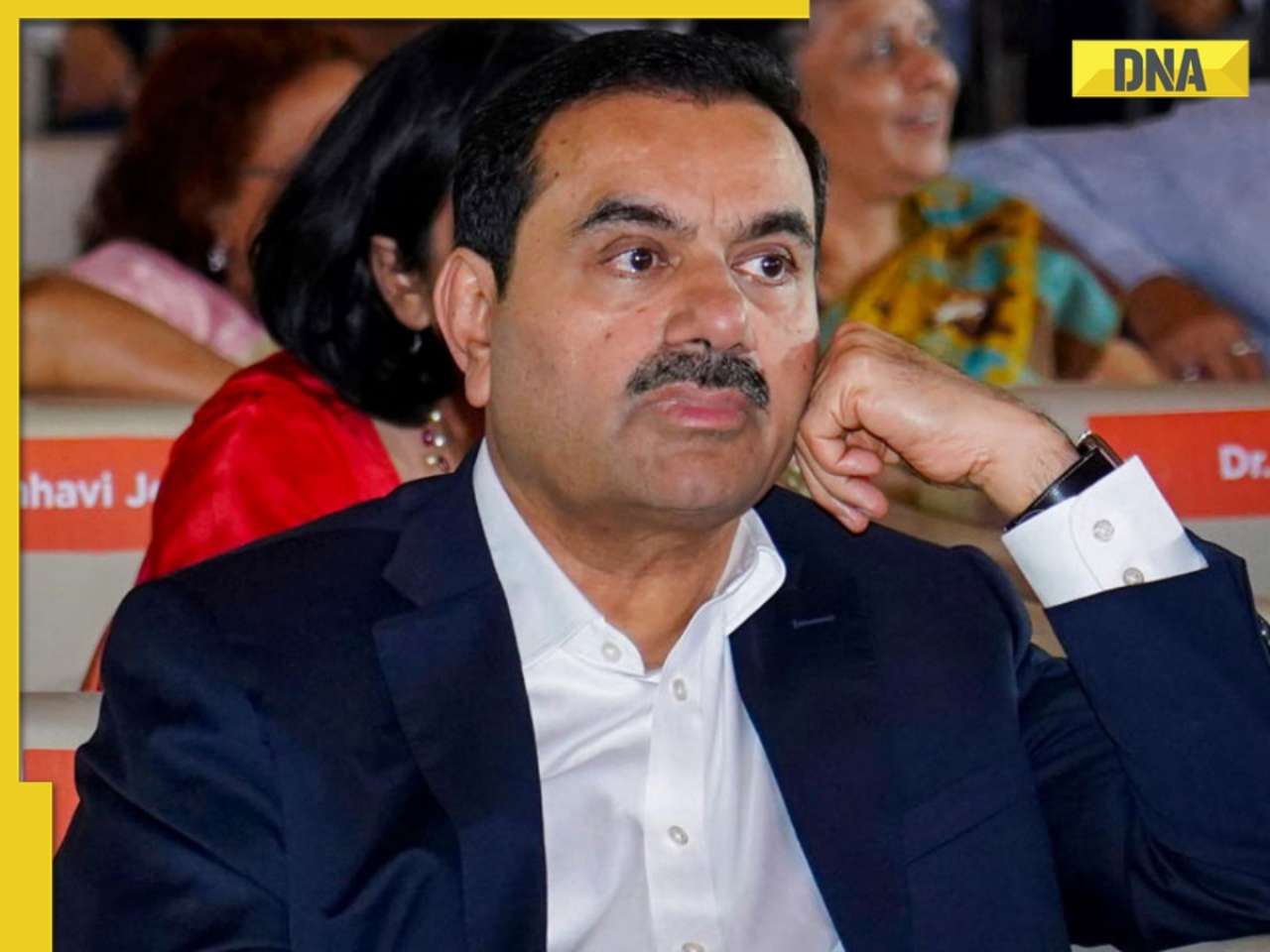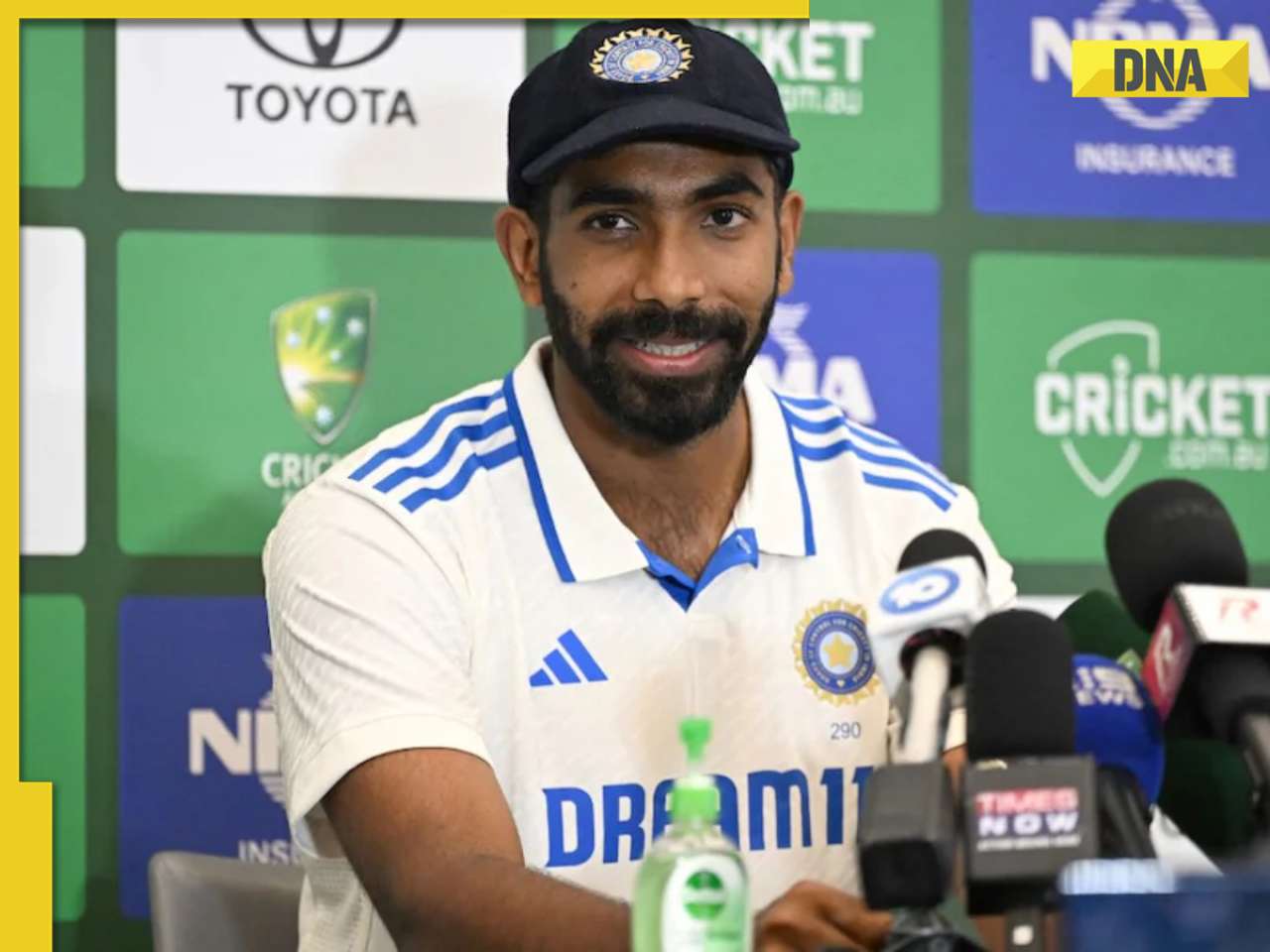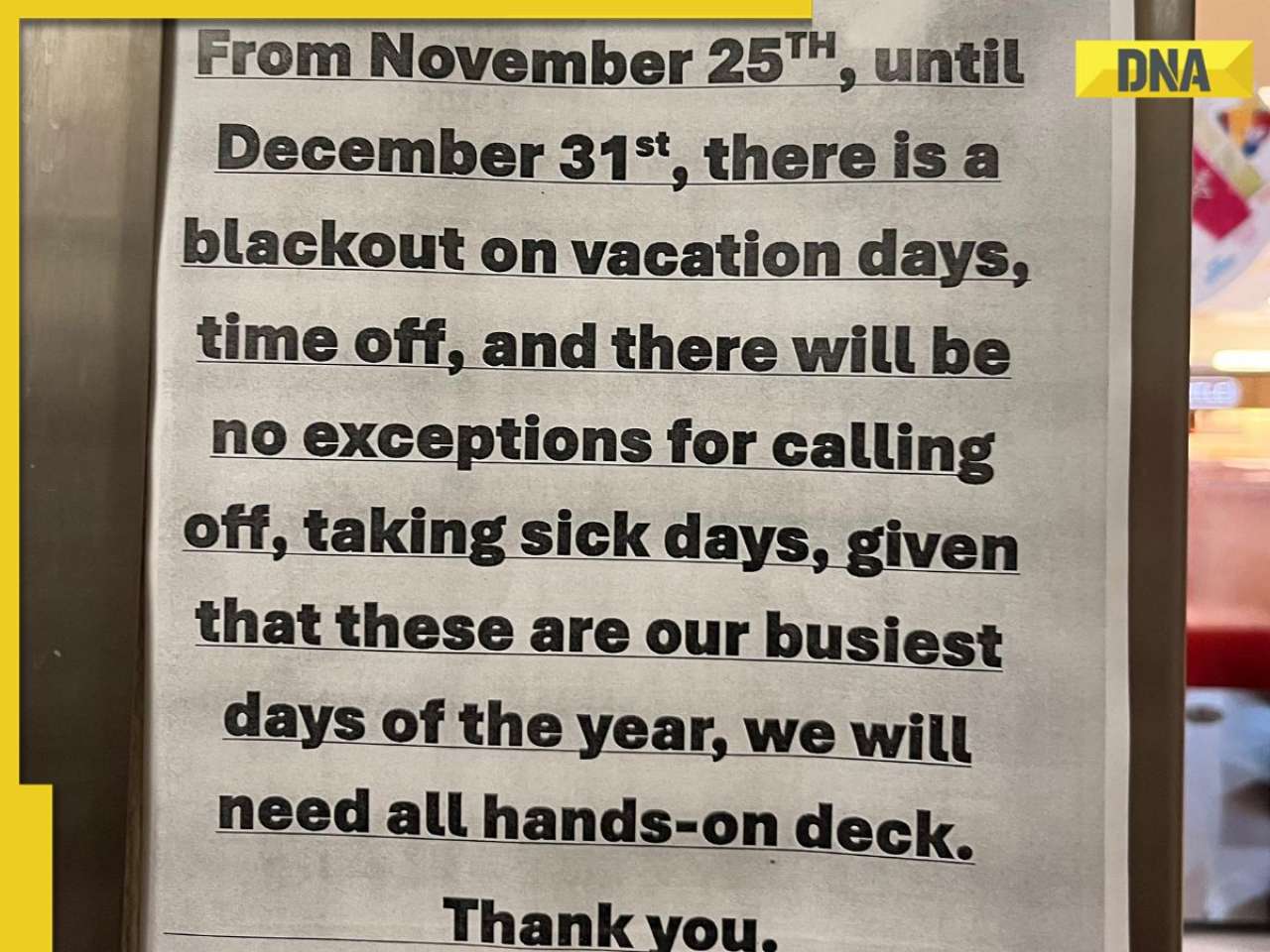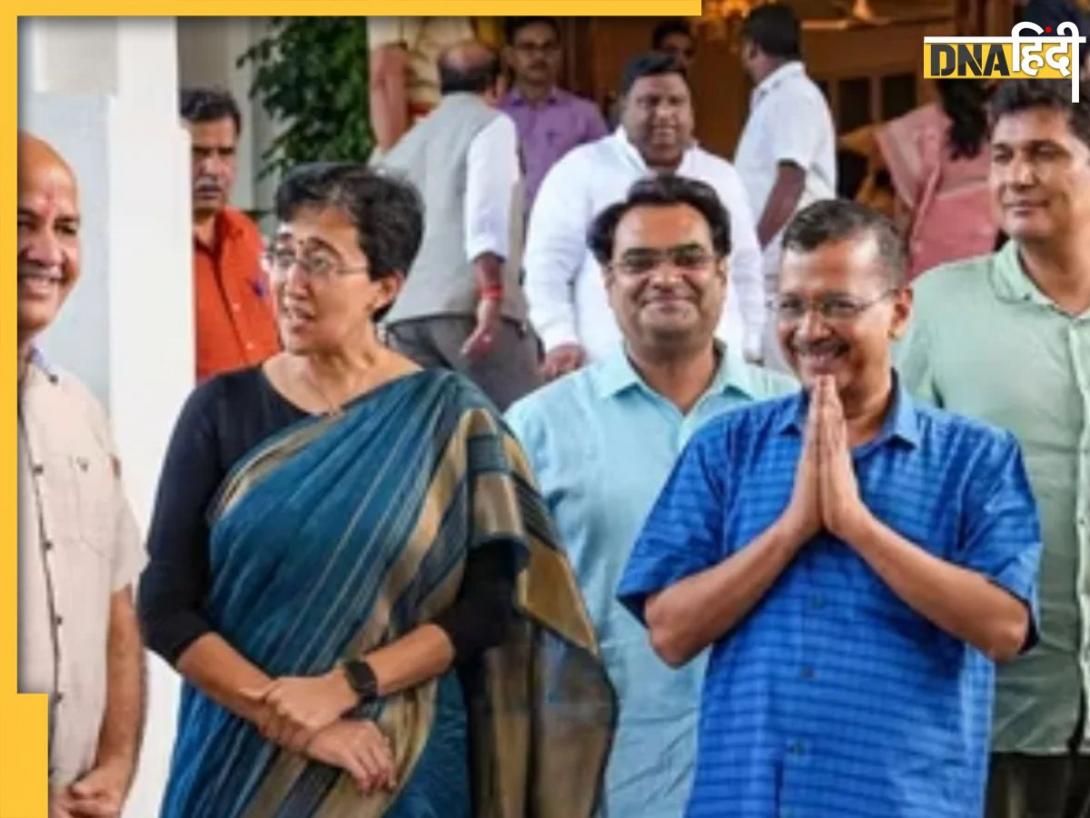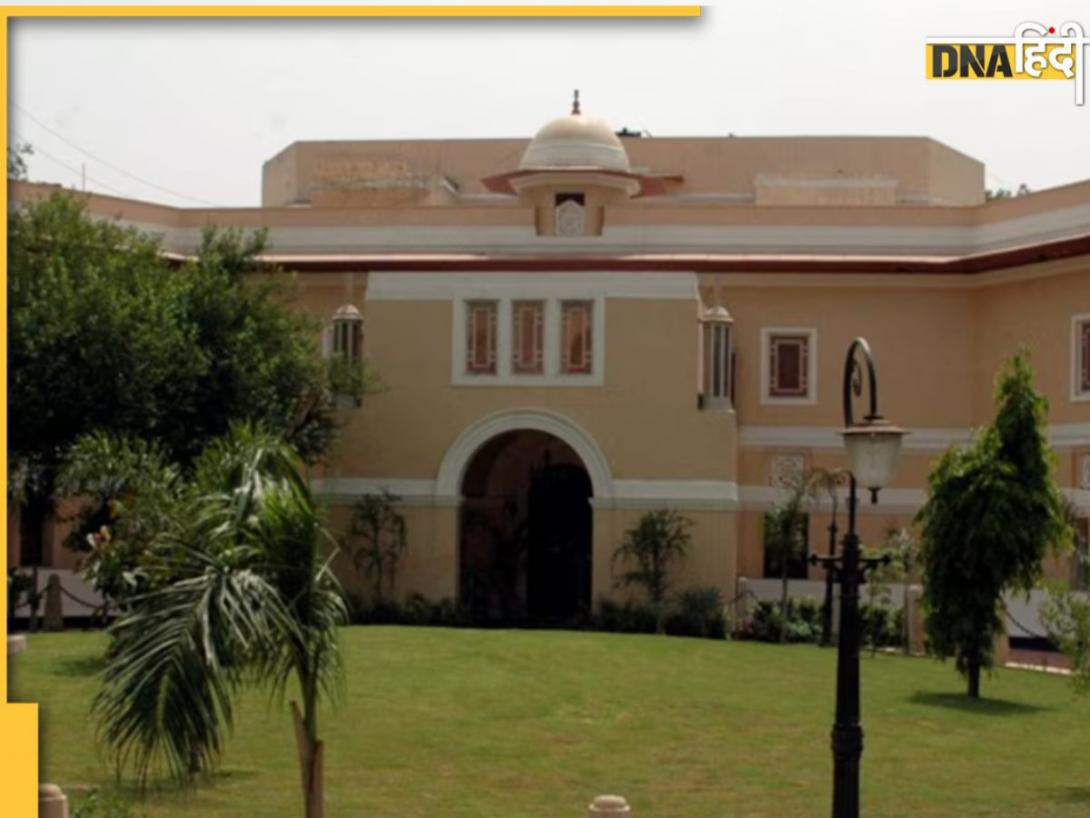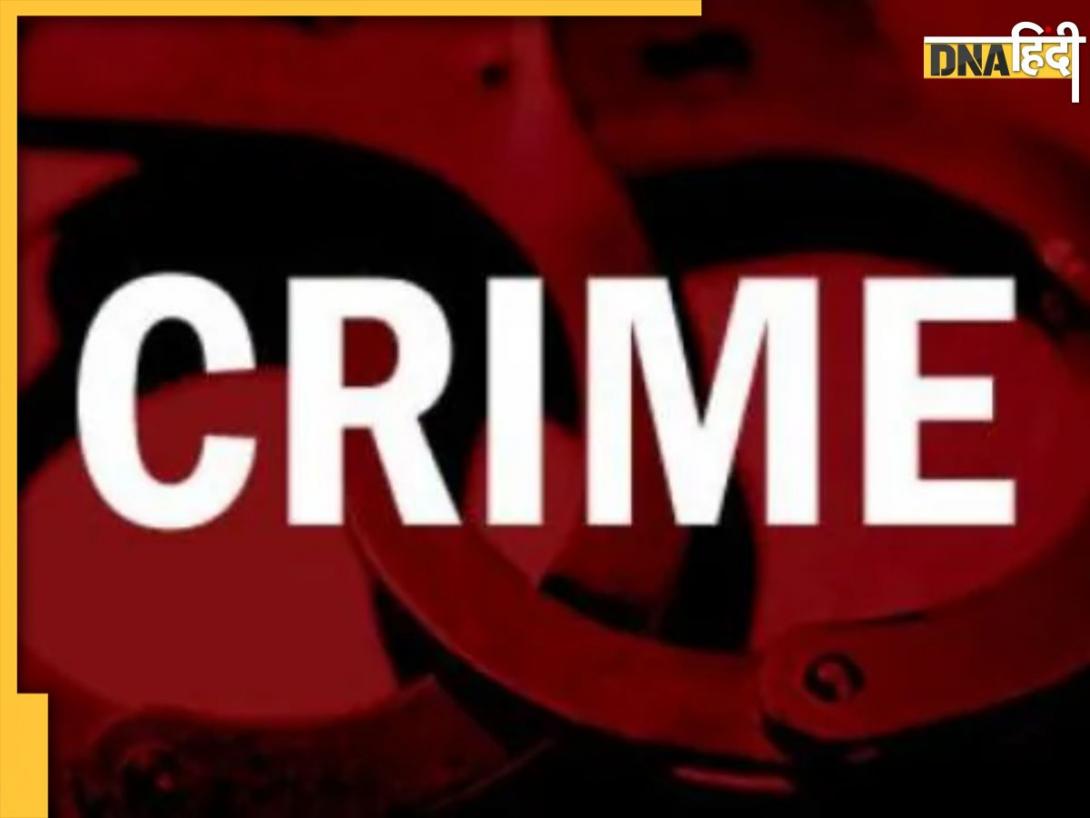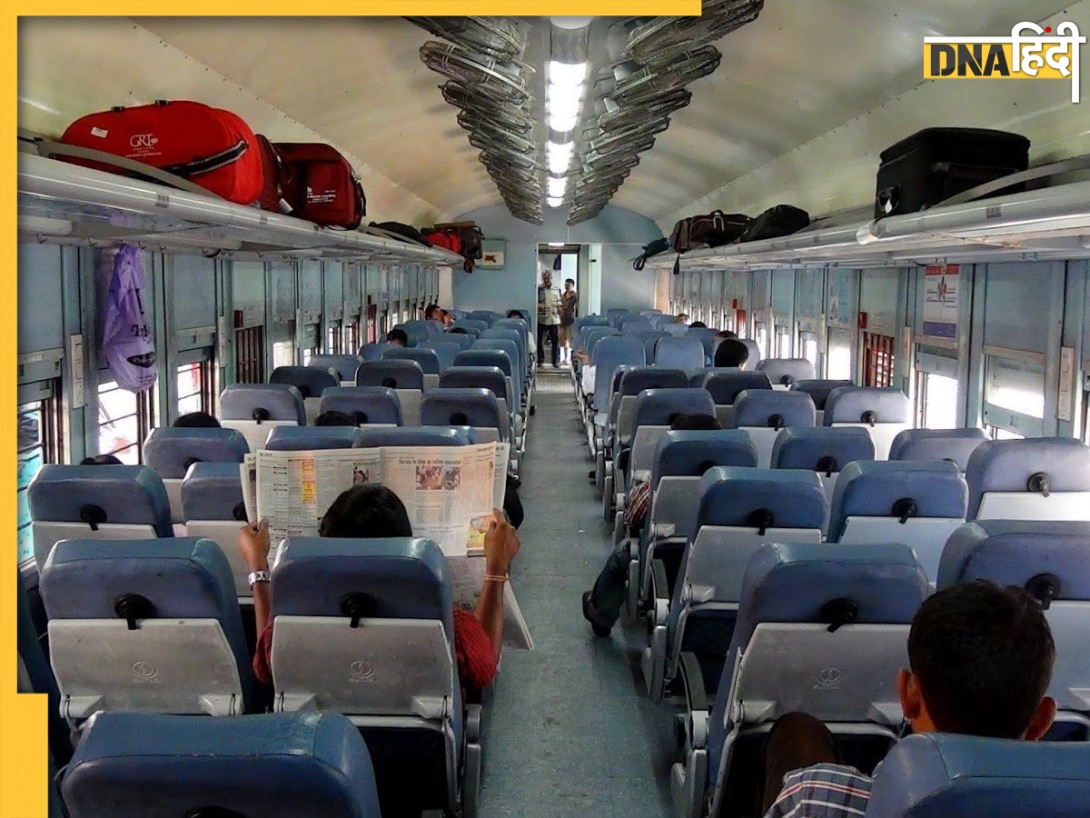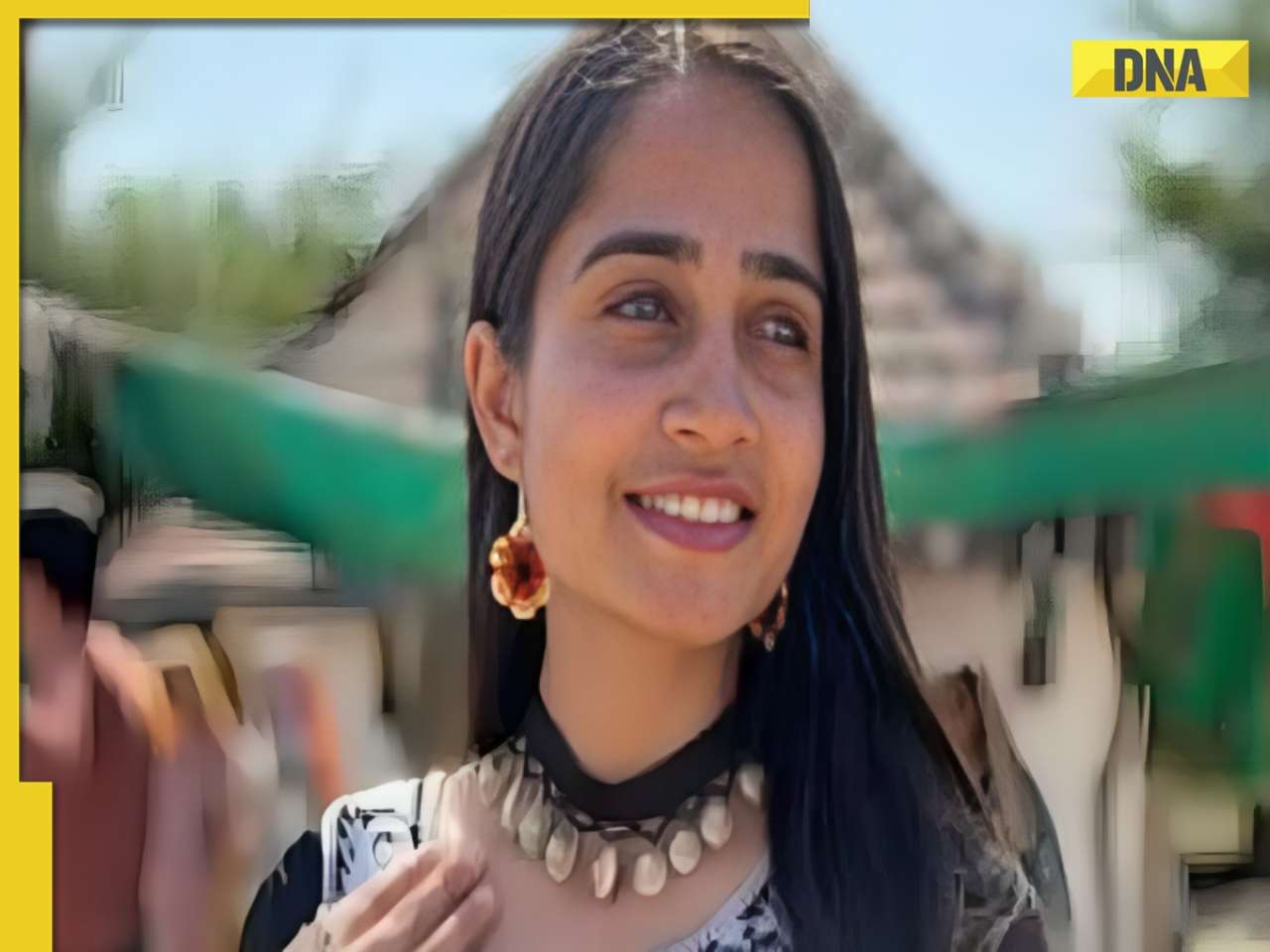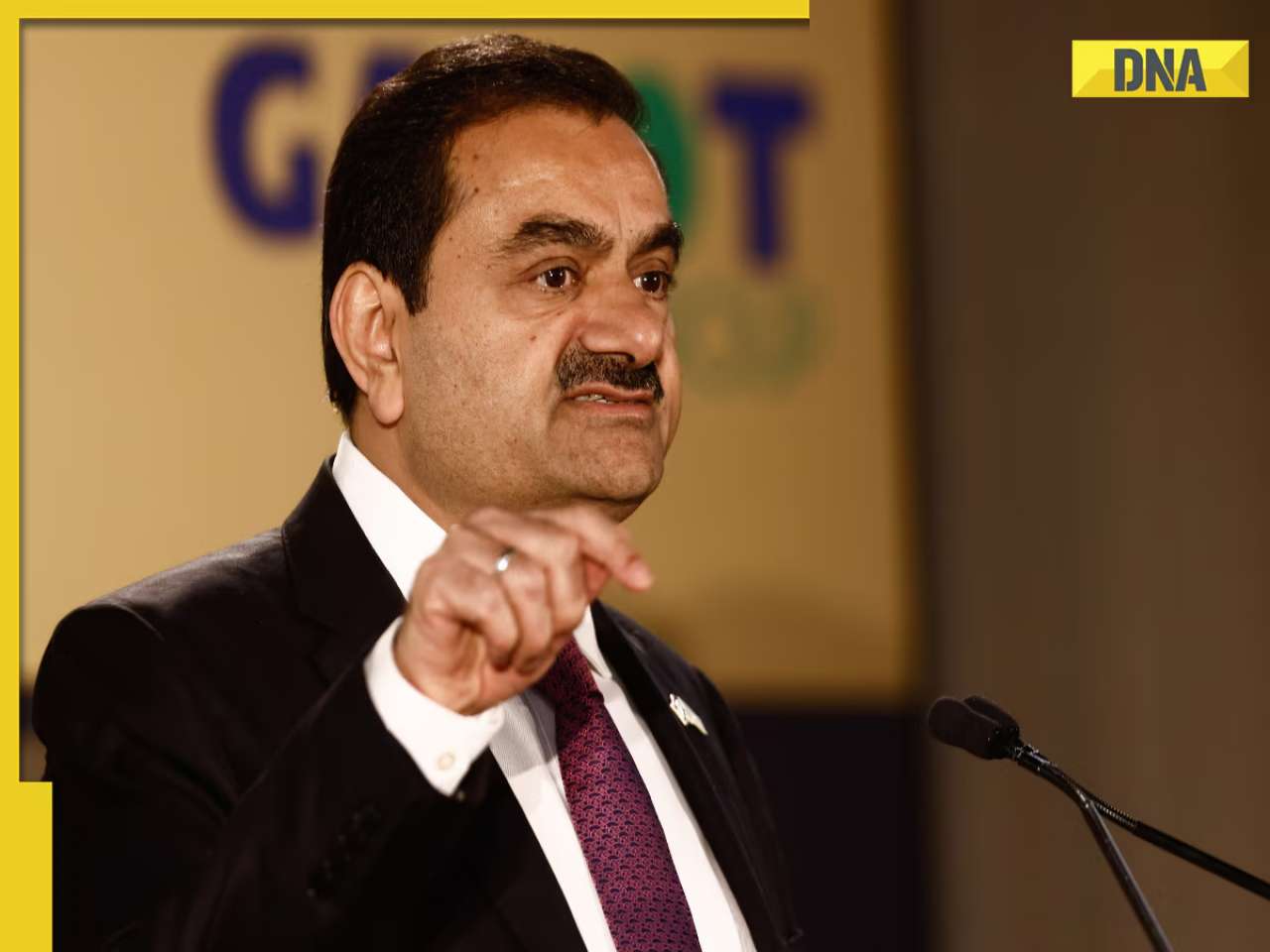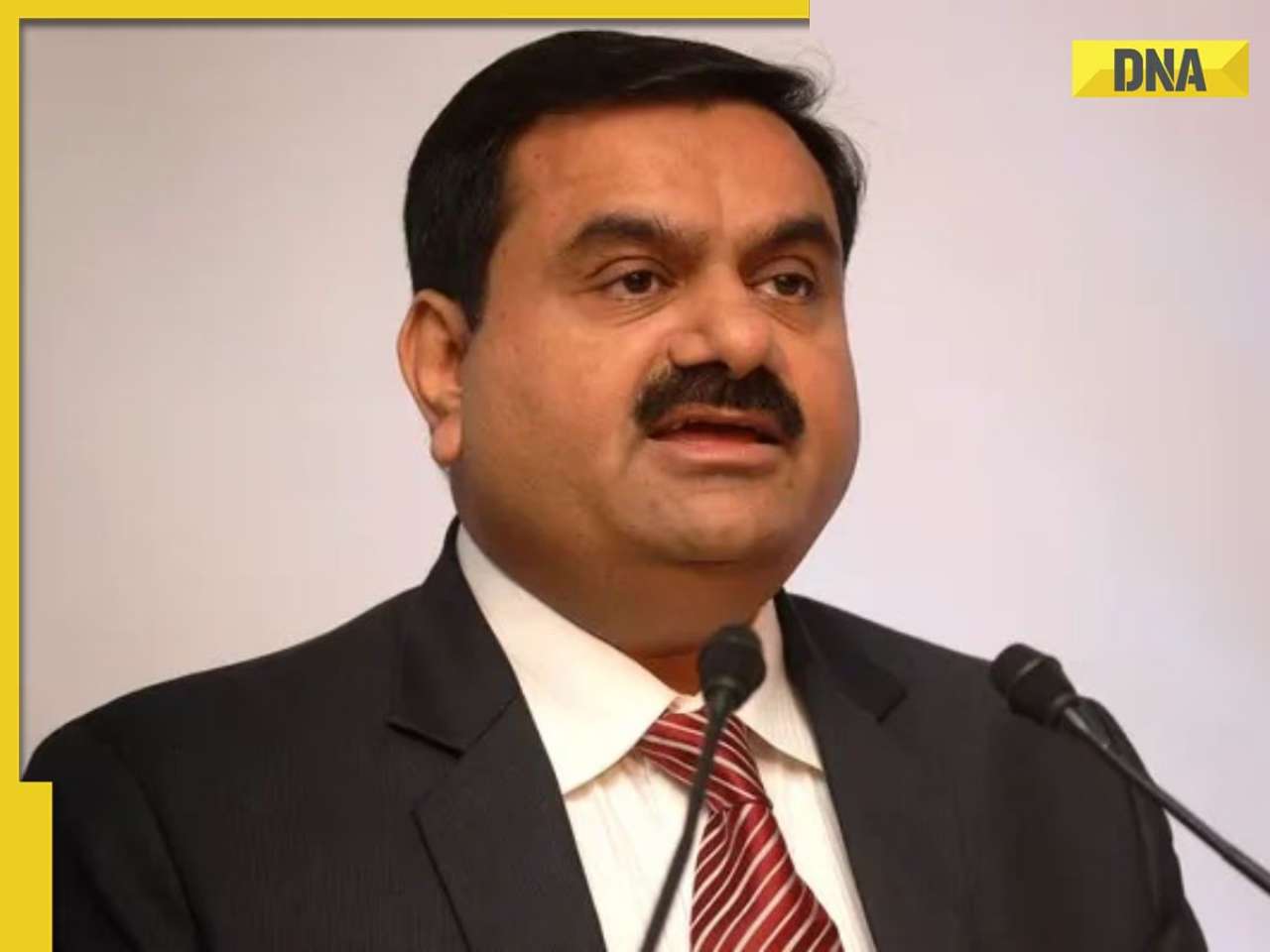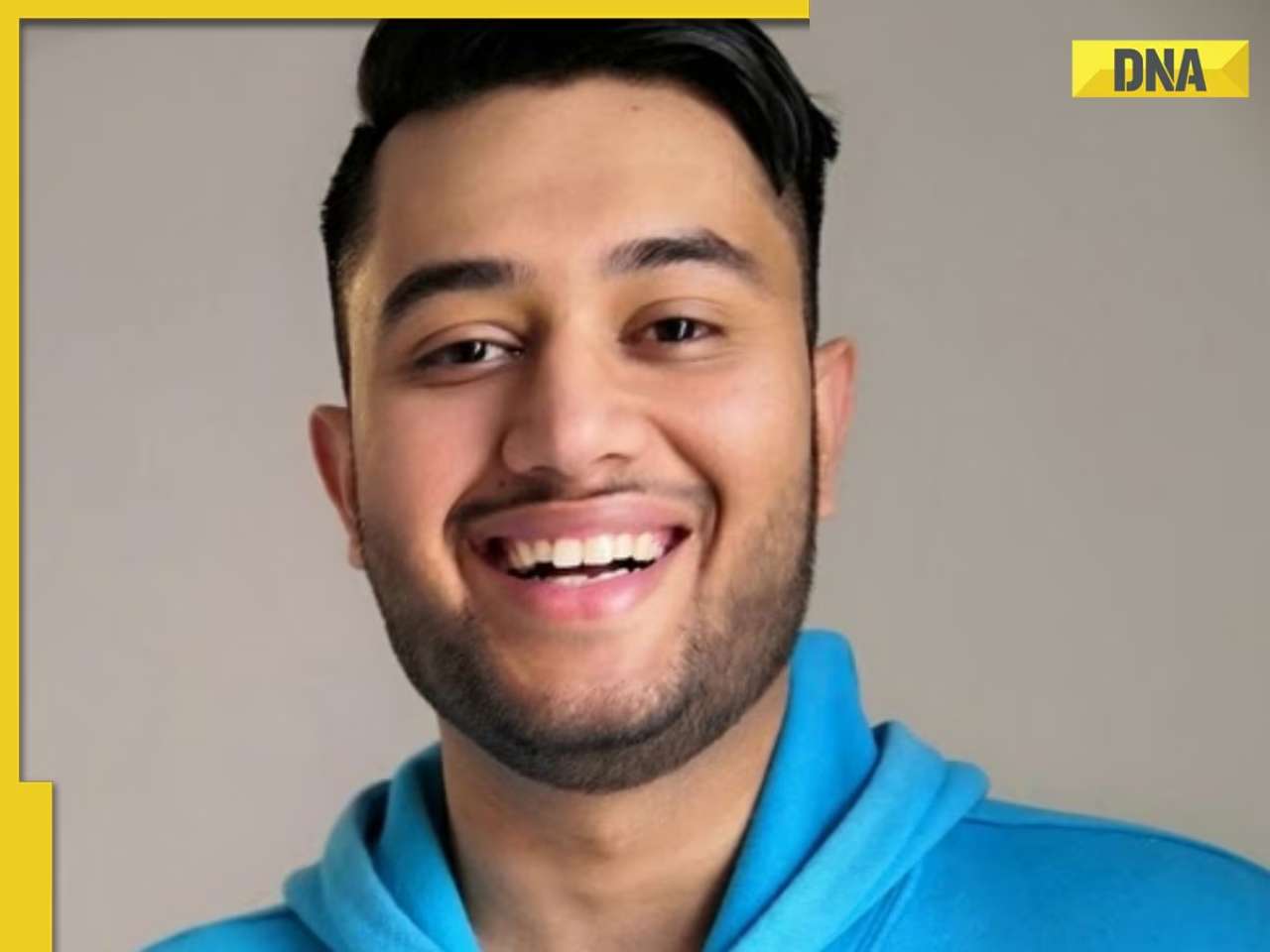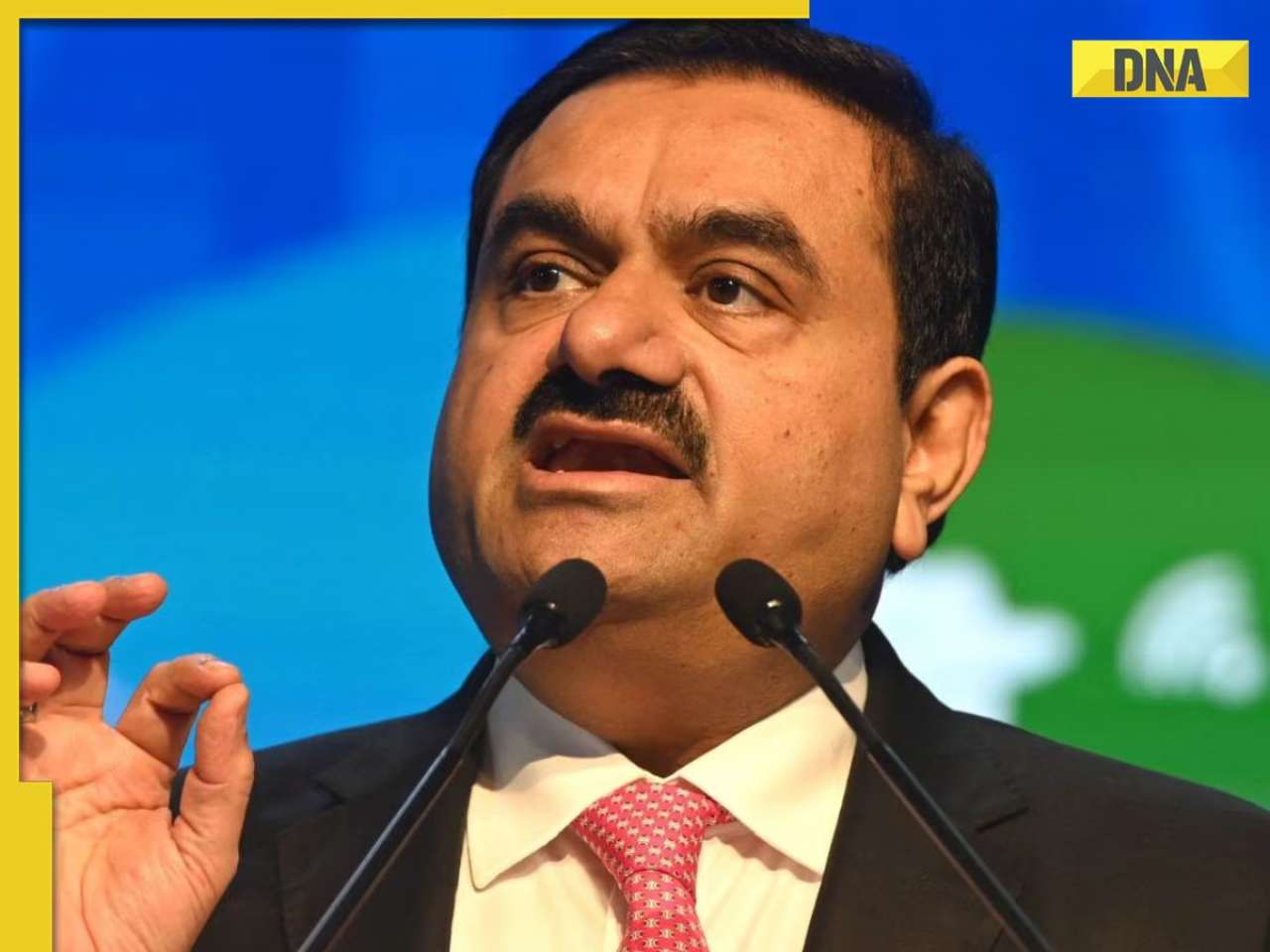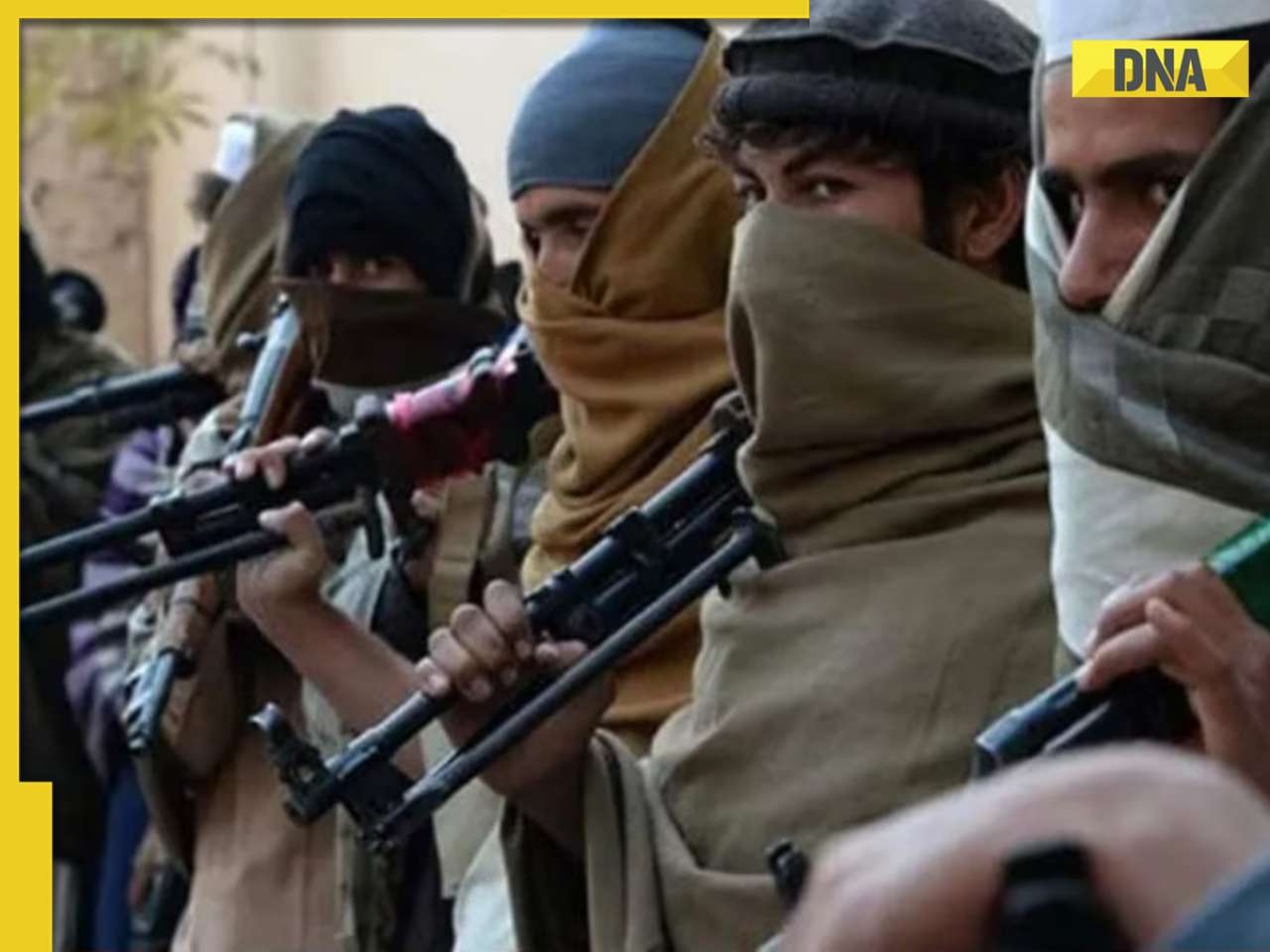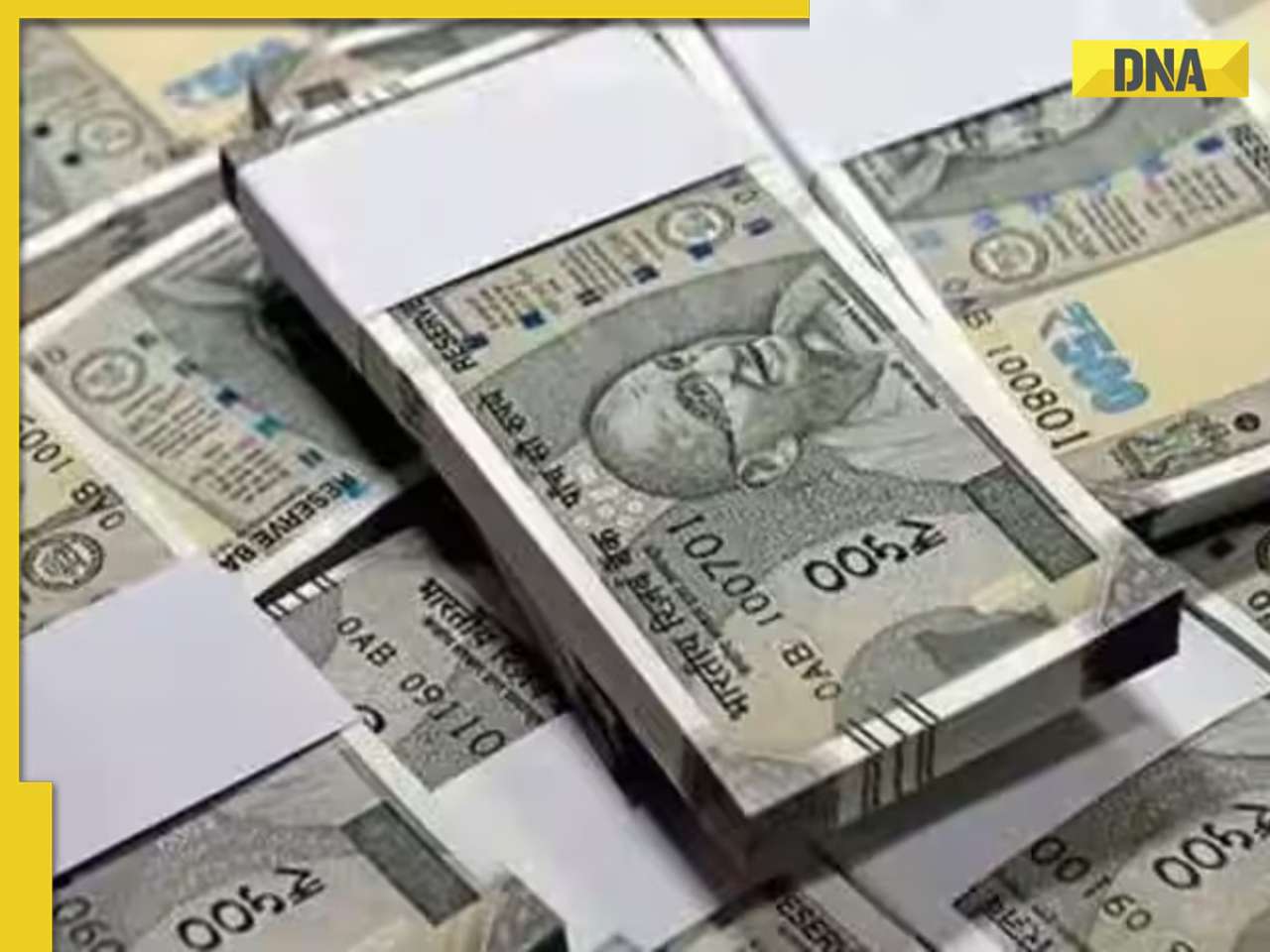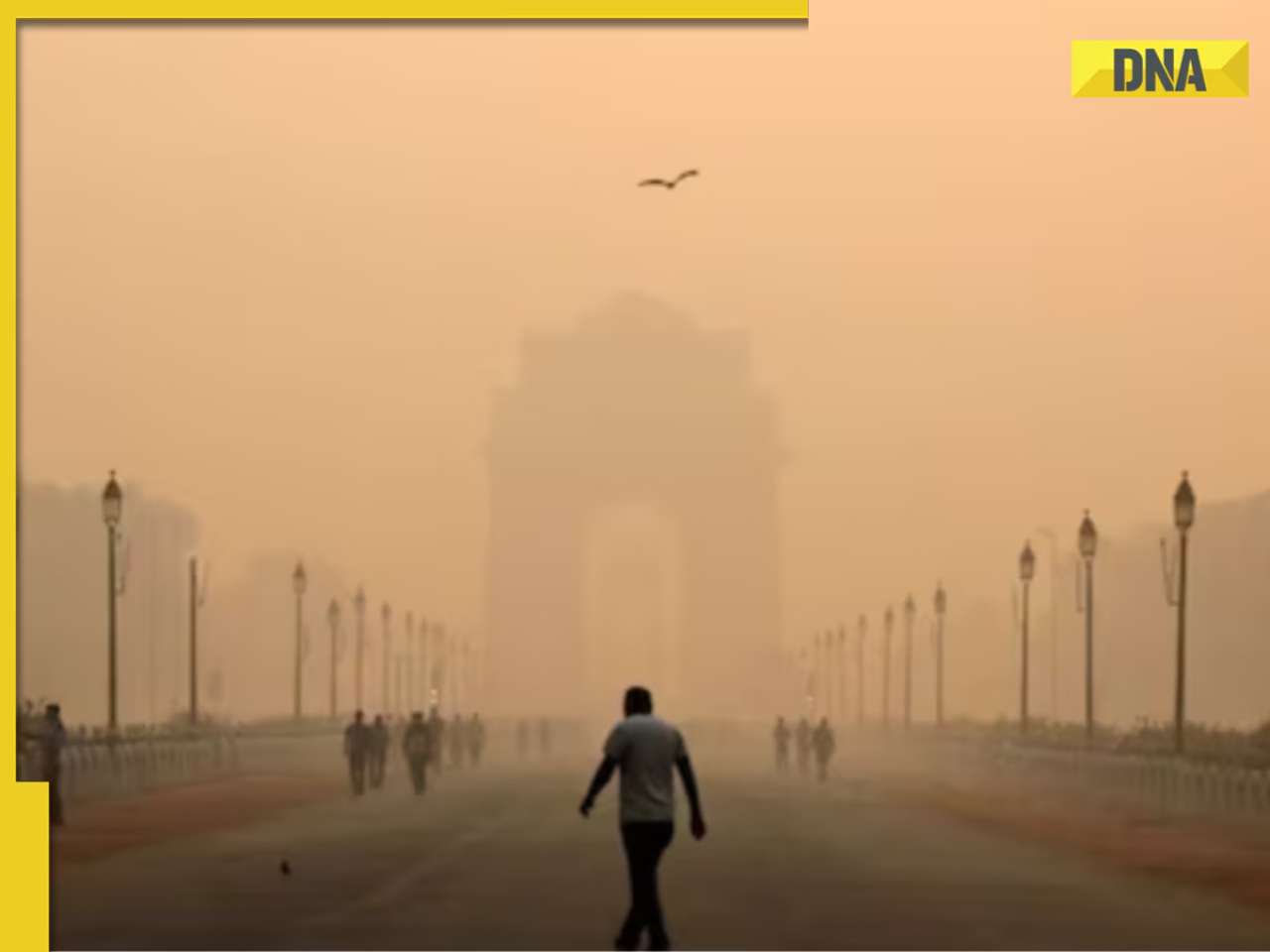- LATEST
- WEBSTORY
- TRENDING
EXPLAINER
Beyond the Headlines: India, Pakistan and the hidden agenda of chaotic US poll
Last year, during Biden’s presidency, the US and India settled their trade disagreements at the World Trade Organization, including the issues related to tariffs from Trump’s time in office.
TRENDING NOW
The world is closely following the intense campaigns of Vice-President Kamala Harris, the likely Democratic contender for US president and former president Republican nominee Donald Trump. While most of the foreign policy debate centers on the conflicts in Ukraine and Gaza and the growing competition with China, two nuclear-armed rivals in South Asia are also watching the results of this unusually chaotic election season closely.
Officials from India and Pakistan have told newsweek.com they are ready to work with either candidate to build stronger relationships. For India, relations with the US have greatly improved. Once tense during the Cold War, the relationship has grown stronger in recent years, with increased cooperation in intelligence-sharing and defence under both former president Trump and President Biden.
The partnership has faced challenges under both Administrations. However, Indian officials are confident they can work effectively with either Trump or Harris. Harris would be the first US presidential candidate of Indian heritage if confirmed by her party next month, following Biden’s unexpected withdrawal.
A spokesperson for the Indian External Affairs Ministry told the media outlet that India and the US shared a Comprehensive Global Strategic Partnership. They added that the India-US relationship had strong support from both major political parties in the US and had grown stronger with each Administration.
A spokesperson for the Indian Embassy to the US mentioned that India and the US had a strong global partnership based on shared democratic values and that this relationship was widely supported in both countries. They were confident it would continue to grow stronger.
Trump & Modi: A Growing Partnership
The partnership between the US and India grew stronger during the Trump Administration when the former president revitalized the Quadrilateral Security Dialogue (Quad), which includes the US, India, Australia and Japan. In an interview with Newsweek in April, Prime Minister Narendra Modi said the Quad countries were working together to support a free and open Indo-Pacific region.
Modi and other Quad leaders have emphasized that the group is not aimed at any specific country and is not a military alliance. This is in line with India’s independent foreign policy. The Trump Administration aimed to use the group to counter China’s growing influence in the region. Beijing noticed this.
While in office, Trump built a personal connection with Modi. This bond was clearly shown during the ‘Howdy Modi’ event in 2019 and the ‘Namaste Trump!’event in 2020, when they visited each other. The ‘Namaste Trump!’ event also highlighted Trump’s widespread popularity in India.
A Pew Research Center poll from January 2020 showed that many Indians trusted Trump to handle world affairs correctly. Another survey by the Pew Research Center last month showed that India was one of only eight out of 34 countries where people had similar levels of confidence in both Biden and Trump. In nearly all the other countries—except for two—people had much more confidence in Biden’s leadership.
During his 2024 campaign, Trump called Modi a “great guy” and expressed his desire to strengthen ties with New Delhi. However, he has also repeatedly threatened to impose a tax on India in response to its high tariffs on some US products, often mentioning Harley-Davidson motorcycles as an example during his recent rallies. During a campaign event in Michigan last week, Trump stated, “I don’t hold India responsible. I blame us for letting it occur. This won’t happen again.”
Biden Strengthens Indo-US Relations
Last year, during Biden’s presidency, the US and India settled their trade disagreements at the World Trade Organization, including the issues related to tariffs from Trump’s time in office. The Biden Administration built on, and expanded, many of Trump’s initiatives regarding India. Biden also both visited India and welcomed Modi to the US, although these events received less attention.
During Biden’s trip last year, an Indian citizen was on trial for allegedly plotting to kill a Sikh separatist in New York City, allegedly on the instigation of the Indian government. The charges were announced as the US voiced concern over the killing of another Sikh separatist in Canada, which was also allegedly connected to the Indian government. However, India strongly denied any involvement in both incidents.
The Biden Administration has, generally, refrained from criticizing New Delhi on maintaining broader geopolitical goals. Some tensions have arisen because India has maintained its long-standing partnership with Russia during the Ukraine war, continuing to buy oil, and trade weapons, with Moscow despite US-led sanctions. However, the White House has been careful with its statements on this issue.
After US Assistant Secretary of State for South and Central Asian Affairs Donald Lu expressed the Biden Administration’s “disappointment” over Modi’s recent visit to Moscow to meet Russian President Vladimir Putin, India’s External Affairs Ministry spokesperson Randhir Jaiswal responded at a press briefing on Thursday (July 25), saying India had a long-standing relationship with Russia built on mutual interests.
Overall, the US and India have been growing closer, a relationship Harris also supports. The vice-president, of Indian and Jamaican heritage, spoke extensively about her personal connections to India during Modi’s visit to Washington, DC, last year. Her family’s ancestral village, Thulasendrapuram, in Tamil Nadu, celebrated her potential to become US president. However, Harris has also used her ties to India to speak out on human rights. In a 2021 meeting with Modi, she spoke about her personal experience and family, emphasising the Indian people’s dedication to democracy and freedom and the need to continue working towards these democratic values.
This was not the first time she addressed sensitive issues in India. During her previous presidential campaign two years earlier, then Senator Harris spoke about Kashmir, a contested region claimed by both India and Pakistan. This came after Modi revoked the special status of Jammu and Kashmir in 2019, a move he said was meant to end a long-standing insurgency. She said the need was to remind Kashmiris that they were not alone and that the US was monitoring the situation and would step in, if necessary.
US-Pakistan Relations Are Evolving
Since becoming vice president, Harris has mostly avoided commenting on the Kashmir issue, but her past statements are still well-remembered in Pakistan. Islamabad has strongly opposed New Delhi's 2019 decision, seeing it as a one-sided breach of international law and a provocation in a conflict that has led to past wars and occasional border clashes between the two countries.
Massoud Khan, Pakistan’s outgoing ambassador to the US, in an interview said there was significant support for the rights of Kashmiris and that they hoped that whichever administration was elected, and whichever president and cabinet took office, they would focus on peace and stability in South Asia.
Afghanistan has significantly influenced US-Pakistan relations. In the 1980s, their partnership was strengthened by mutual support for rebel Mujahideen against the Soviet-led intervention in Afghanistan. This alliance resurfaced in the 21st century during the ‘War on Terror’, targeting some of the same insurgents they previously supported it. Today, the Islamic State’s Khorasan branch (ISIS-K), which is mostly based in Afghanistan and is the deadliest and most widespread insurgency in the region was created as a result of the ‘War on Terror’.
Khan argued that this was also true for groups like the Tehreek-e-Taliban Pakistan (TTP), also known as the Pakistani Taliban, which continue to cause chaos in the region. He stated this threat needed attention, which, he felt, had been lacking since the US began withdrawing from Afghanistan. This process started under Trump and was completed by Biden in August 2021.
Hope for Harmony
Several factors complicate the US-Pakistan relationship. While Trump strengthened ties with Modi, he also built a positive relationship with then Pak Prime Minister Imran Khan, another celebrity-turned-politician. However, Khan was ousted in a no-confidence vote in April 2021, which he and his supporters claim was influenced by the Biden Administration.
With the former prime minister now in prison on charges from his successor, Prime Minister Shehbaz Sharif—and Trump, also facing recent indictments—Imran Khan’s spokesperson, Syed Zulfiqar Bukhari, told media outlet it was “hard not to see similarities” between the two. Bukhari claimed Biden had a chance to support democracy following Khan’s arrest and imprisonment, but noted there had been little discussion, and no action, from the White House.
While the current Administration has mostly maintained Trump’s hardline approach toward Beijing, there has been a cautious improvement in relations under Biden in recent months. Meanwhile, Chinese officials have already expressed concerns about the language used by the three-time Republican nominee, who has promised even tougher measures against China.
(The author of this article is a Defence, Aerospace & Political Analyst based in Bengaluru. He is also Director of ADD Engineering Components, India, Pvt. Ltd, a subsidiary of ADD Engineering GmbH, Germany. You can reach him at: girishlinganna@gmail.com)
Disclaimer: The views expressed above are the author's own and do not reflect those of DNA)
Find your daily dose of news & explainers in your WhatsApp. Stay updated, Stay informed- Follow DNA on WhatsApp.

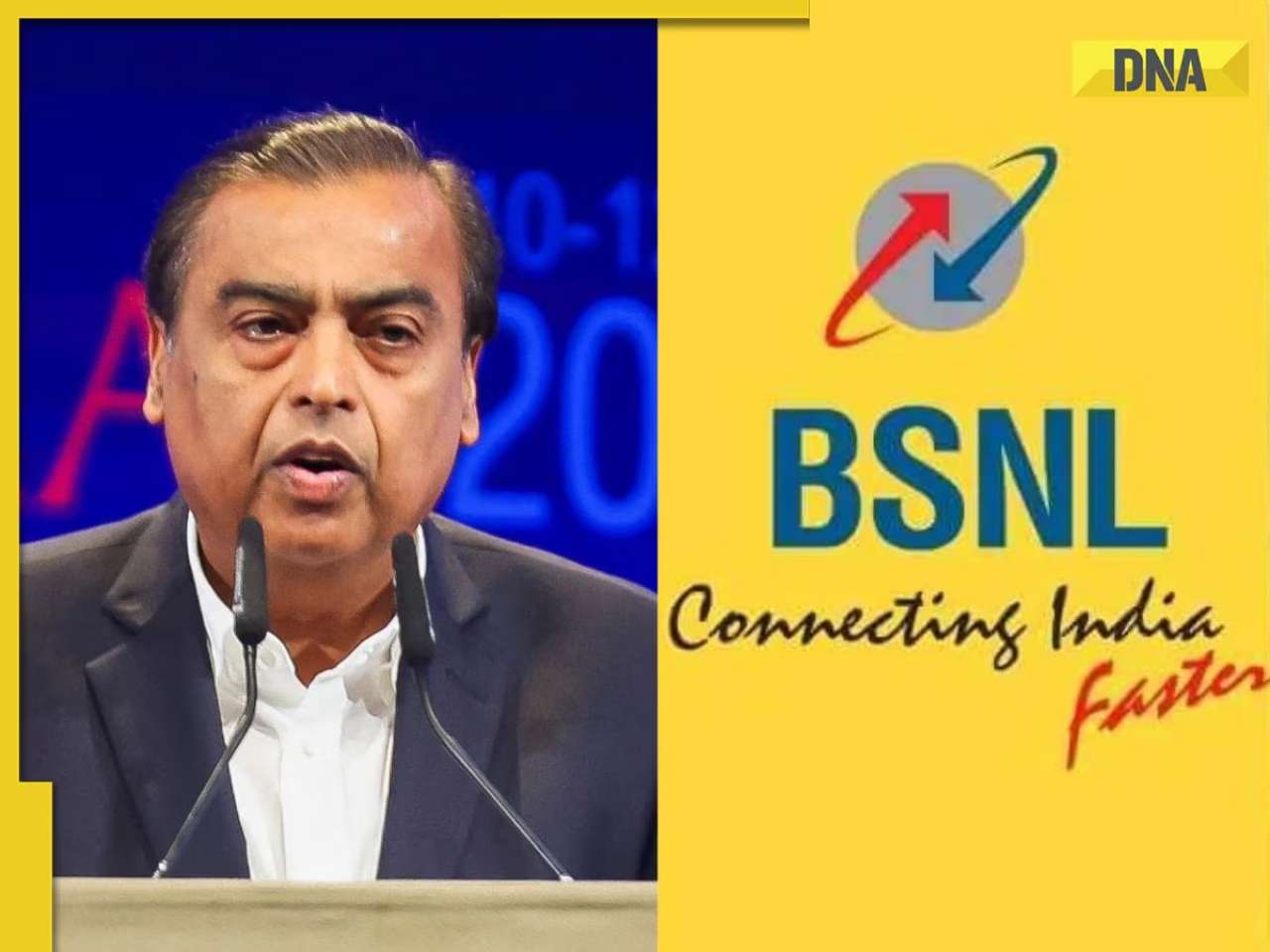
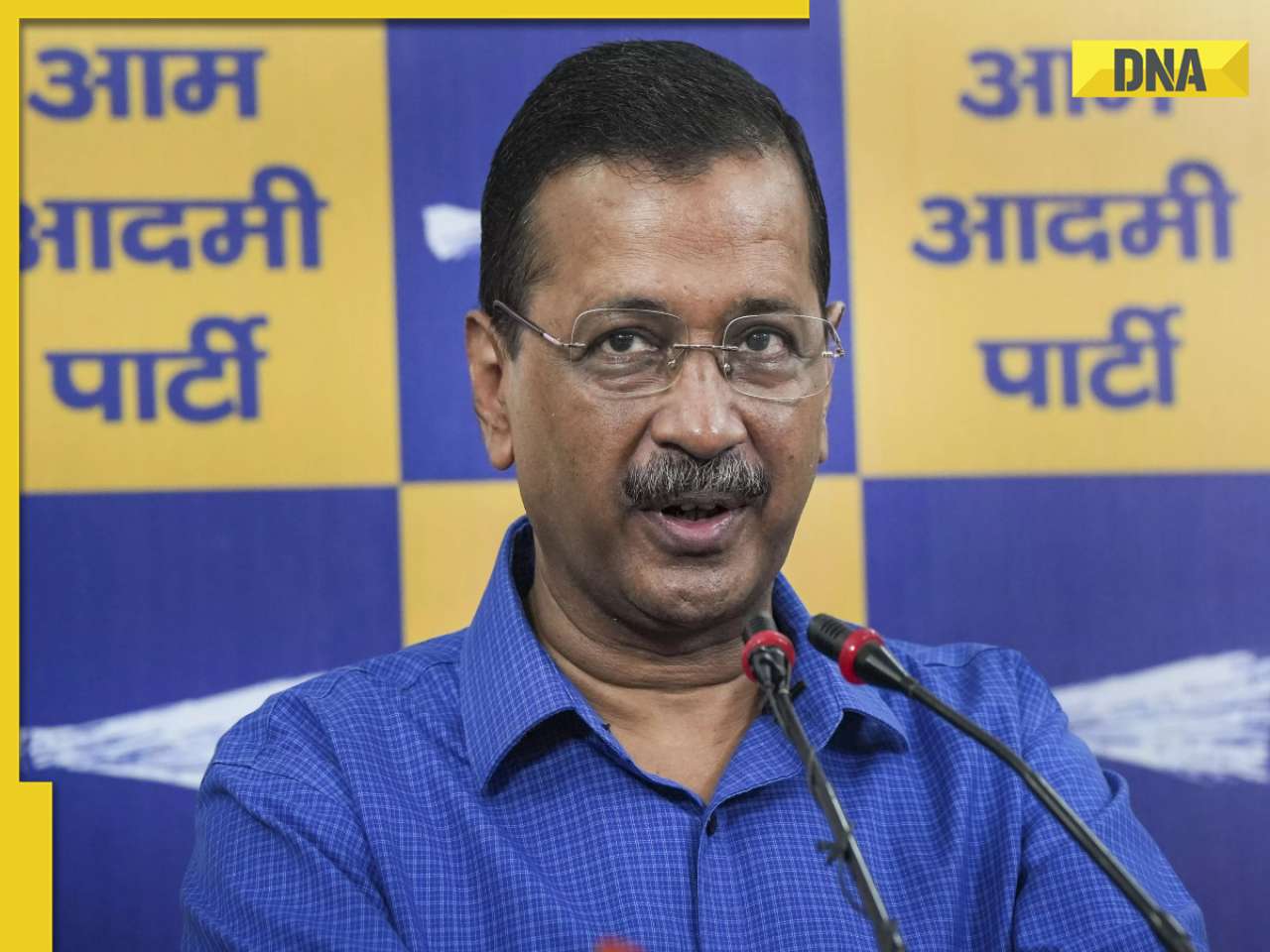




)
)
)
)
)
)
)
)
)
)
)
)
)
)
)
)





